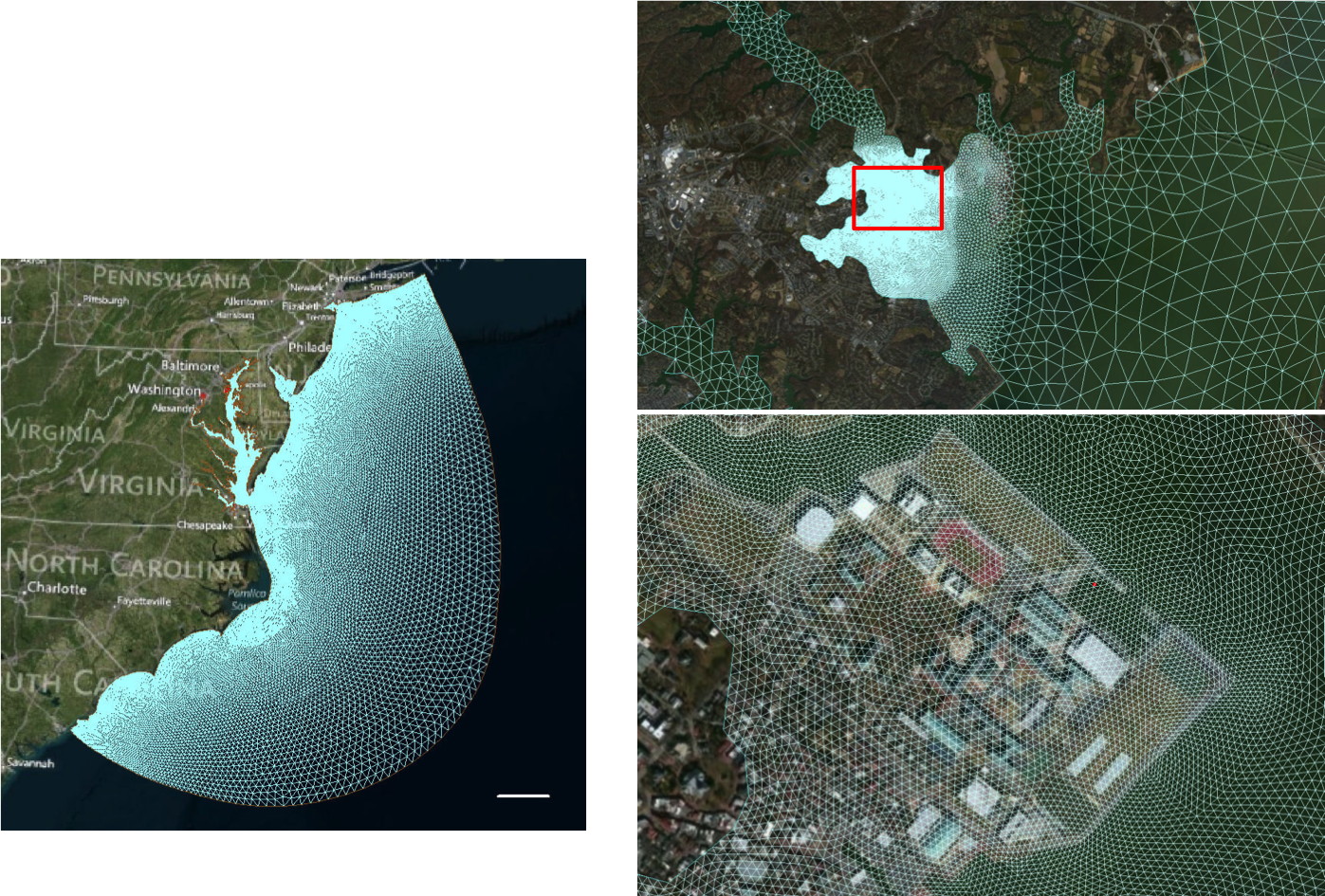Joint Global Change
Research Institute
(JGCRI)
Joint Global Change
Research Institute
(JGCRI)
Impacts, Adaptation, and Vulnerability
Investment and planning decisions for energy systems, critical infrastructure, drought preparedness, supply chains, wildlife conservation, human health, and other issues can benefit from the current state of knowledge of the impacts of global environmental change. JGCRI is developing the scientific foundations for informing these decisions. Our approach integrates natural and social sciences and focuses on understanding how characteristics of infrastructure, communities, and the economy interact with environmental change—whether natural or human-induced—to create risks and opportunities.
Integrated assessment of impacts at multiple scales
To quantify the potential effects of climate and environmental change on different natural and managed systems and sectors of the economy, JGCRI is developing innovative models that combine high resolution analysis of impacts on particular systems or locations with integrated assessment modeling of interactions across sectors or systems at regional to global scales. Our research has a wide range of applications, including evaluation of interaction of climate adaptation and mitigation strategies, evaluation of supply and demand, and improving the scientific foundation for international agreements.
Vulnerability, adaptation, and resilience research

JGCRI works to identify the causes of vulnerability and adaptation options for increasing resilience. This work is driven by the needs of US Federal agencies, state/local governments, and other non-governmental and private-sector institutions confronted with the need to prepare for an uncertain future climate.
- We aim to facilitate stakeholder participation in co-production of science.
- We tailor information on climate and other physical systems so that it focuses on impacts-relevant climate phenomena such as drought indicators, fire risk, storm surge, heat stress, and other exposures.
- We evaluate project impacts and their consequences for mission continuity, costs, system reliability, and other metrics using statistical analysis, network models, spatial data systems, impacts models, and other approaches.
Decision support science
JGCRI aims to help overcome cognitive, communication, institutional, or other barriers to effective decision making. JGCRI is evaluating the use of databases, simulation models, maps, reports, scenarios, robust decision making methods, multi-criteria analysis, and other science-based approaches,, highlighting the unique challenges of making decisions under deep uncertainty associated with long-term environmental change. In conducting this research, we collaborates closely with other science and engineering divisions within PNNL and employ empirical testing such as user surveys, interviews, web-based experiments, and focus groups.